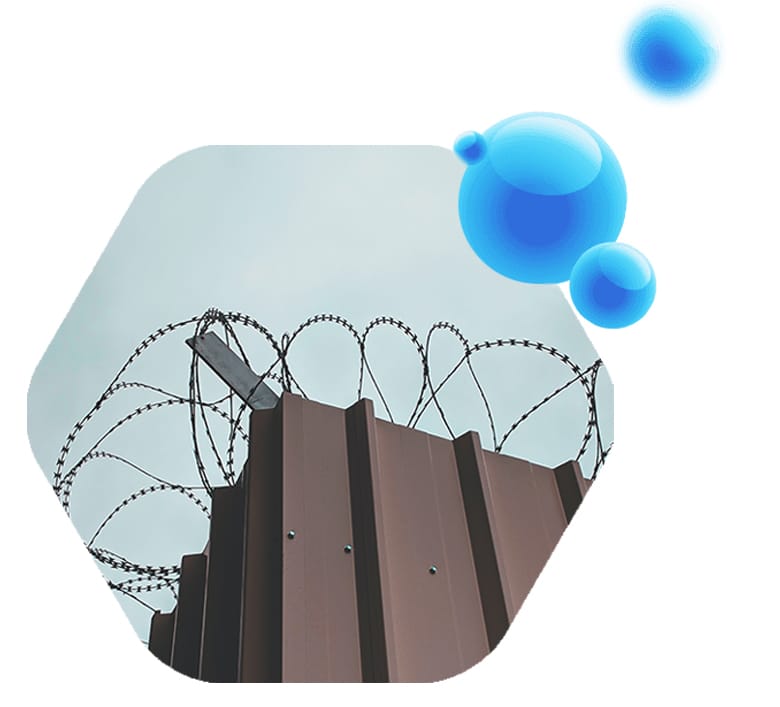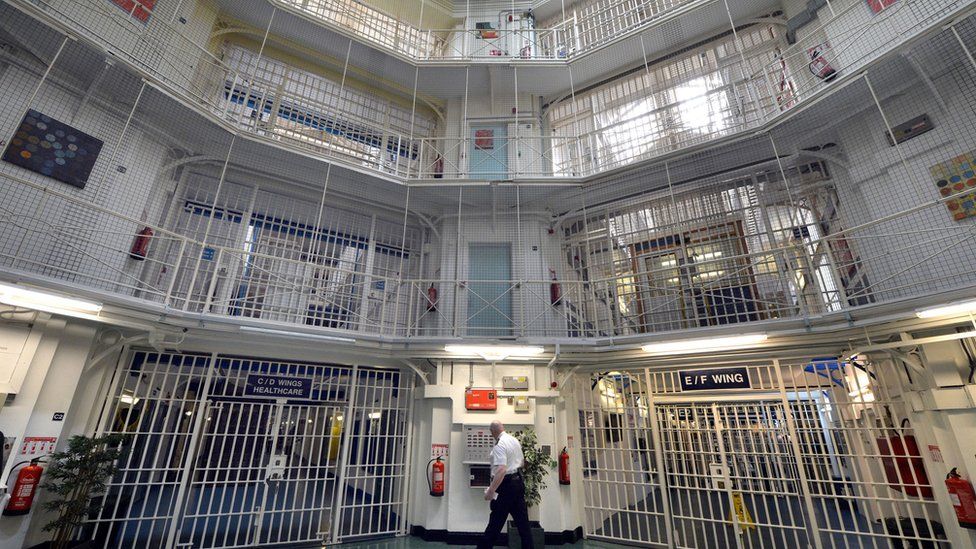Pentonville Prison
HMP Pentonville is one of London’s better known incarcerations and has been functional since 1842. The establishment has a capacity of and is a order B/ C men’s prison, holding only grown-ups. Although called HMP Pentonville, the prison is actually located in the Borough of Islington in London. It officially opened in 1842. We looked into the history of HMP Pentonville and plant out some intriguing data, Did you know it was the UK’s first ultramodern prison? . Still, you can use the chart on this runner, If you ’re planning on visiting the prison and you ’d like to find out how to get there.
Tel: 020 7023 7000
Capacity: 1310
Caledonian Road, London N7 8TT
The service we provide can help inmates at Pentonville Prison save on their calls to mobile phones.
Our plans will reduce the cost of a mobile phone call from the pay phones by 75% helping the inmates at Long Lartin stretch their PINS phone credit further.
Pentonville Prison Address:
Caledonian Road, London N7 8TT
Pentonville Prison Contact Details
Pentonville Prison Telephone Number: 020 7023 7000

Pentonville Prison
Download the Prison Survival Guide: If you are due to go to Prison or currently have someone you know inside Prison, You may benefit from reading our comprehensive Prison Guide: Click here to download
How to book a visit at Pentonville Prison?
You can book your visit by telephone. There is no online booking service available.
Visiting times:
- Monday to Friday: 1:45pm to 2:40pm and 3:20pm to 4:15pm
You will not be admitted if you are more than half an hour late.
Booking line: 0300 060 6504
The booking line is open: Monday to Friday 9:15am to 4pm
Find out about call charges
Visiting hours areare 09:45 – 11:45, 14:00 – 15:00 & 15:30 – 16:45 Mon-Sun, and 18:30 – 20:00 Mon-Sat.
How to get to Pentonville Prison – Pentonville Prison Directions
Pentonville is a men’s prison and young offender institution in the London Borough of Islington, North London.
To Book A Pentonville Prison Visit You Must:
All visitors are required to arrive 15 minutes prior to the visit starting. Any person who arrives after the visit has started will not be permitted entry.
For all visits to Low Moss, visitors are required to bring photographic ID and proof of address (dated within the past 3 months). The only forms of photographic ID that will be accepted are:
- Valid Passport
- Valid Photographic
- Driving Licence (full or provisional)
- Citizen Card
- Senior Citizens Bus Pass Travel Card (issued by Scottish Government)
The only forms of proof of address that will be accepted are:
- Utility bill
- Council tax bill
- Benefit book
- Bank statement
- other letter from official source
IF YOU NEED HELP WITH PRISON ADVICE OR NEED PRISON SUPPORT, SEE OUR SERVICES HERE
GET HELP WITH Pentonville Prison VISIT COSTS
You can get help covering the costs of visiting someone in prison if you meet the following criteria:
- Income Support
- Income-based Jobseeker’s Allowance
- Employment and Support Allowance
- Universal Credit
- Tax credits
- Pension Credit
You might be able to get help covering the travel costs, meals and accommodation. CLICK HERE TO GET HELP WITH PRISON VISIT COSTS cc



